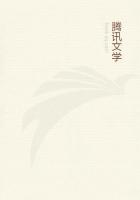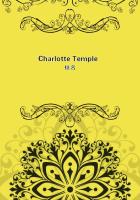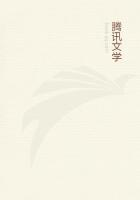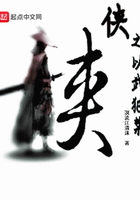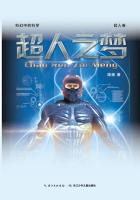"I was beginning to wonder whether curiosity was dead," he observed good-humouredly. "If you wouldn't mind giving me another - well, to be on the safe side let us say eight days - I think I shall be able to offer you an explanation which you will consider satisfactory."
"Thank you," Philippa rejoined, with cold surprise; "I see no reason why you should not answer such ****** questions at once."
Sir Henry sighed deprecatingly, and made another vain attempt to take his wife's arm.
"Philippa, be a little brick," he begged. "I know I seem to have been playing the part of a fool just lately, but there has been a sort of reason for it."
"What reason could there possibly be," she demanded, "which you could not confide in me?"
He was silent for a moment. When he spoke again there was a new earnestness in his tone.
"Philippa," he said, "I have been working for some time at a little scheme which isn't ripe to talk about yet, not even to you, but which may lead to something which I hope will alter your opinion.
You couldn't see your way clear to trust me a little longer, could you?" he begged, with rather a plaintive gleam in his blue eyes.
"It would make it so much easier for me to say no more but just have you sit tight."
"I wonder," she answered coldly, "if you realise how much I have suffered, sitting tight, as you call it, and waiting for you to do something!"
"My fishing excursions," he went on desperately, "have not been altogether a matter of sport."
"I know that quite well," she replied. "You have been ****** that chart you promised your miserable fishermen. None of those things interest me, Henry. I fear - I am very much inclined to say that none of your doings interest me. Least of all," she went on, her voice quivering with passion, "do I appreciate in the least these mysterious appeals for my patience. I have some common sense, Henry."
"You're a suspicious little beast," he told her.
"Suspicious!" she scoffed. "What a word to use from a man who goes off fishing for whiting, and is lunching at the Carlton, some days afterwards, with two ladies of extraordinary attractions!"
"That was a trifle awkward," Sir Henry admitted, with a little burst of candour, "but it goes in with the rest, Philippa."
"Then it can stay with the rest," she retorted, "exactly where I have placed it in my mind. Please understand me. Your conduct for the last twelve months absolves me from any tie there may be between us. If this explanation that you promise comes - in time, and I feel like it, very well. Until it does, I am perfectly free, and you, as my husband, are non-existent. That is my reply, Henry, to your request for further indulgence."
"Rather a foolish one, my dear," he answered, patting her shoulder, "but then you are rather a child, aren't you?"
She swung away from him angrily.
"Don't touch me!" she exclaimed. "I mean every word of what I have said. As for my being a child - well, you may be sorry some day that you have persisted in treating me like one."
Sir Henry paused for a moment, watching her disappearing figure.
There was an unusual shade of trouble in his face. His love for and confidence in his wife had been so absolute that even her threats had seemed to him like little morsels of wounded vanity thrown to him out of the froth of her temper. Yet at that moment a darker thought crossed his mind. Lessingham, he realised, was not a rival, after all, to be despised. He was a man of courage and tact, even though Sir Henry, in his own mind, had labelled him as a fool. If indeed he were coming back to Dreymarsh, what could it be for? How much had Philippa known about him? He stood there for a few moments in indecision. A great impulse had come to him to break his pledge, to tell her the truth. Then he made his disturbed way into the breakfast room.


